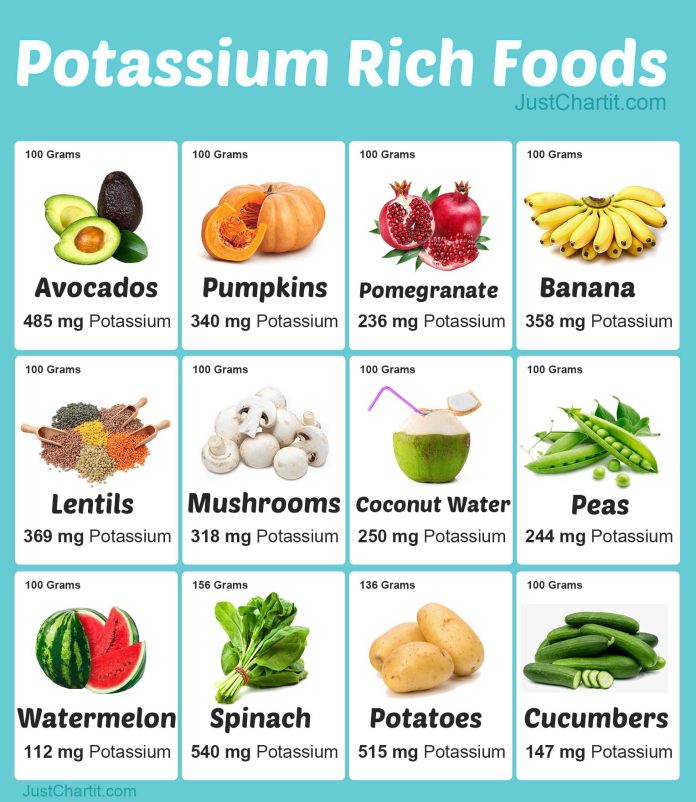When diagnosing high blood pressure, doctors tend to focus more on genes, lifestyle and diet.
“High blood pressure often runs in families and you’re more likely to have it if your mum or dad has it,” says Professor Macgregor, a Professor of Cardiovascular Medicine at the Wolfson Institute of Population Health and Honorary Consultant at Barts & The London.
“It’s also down to having too much salt in our diets, which retains water in the body so there’s an increase in blood volume which puts up the pressure.
“Potassium – found in foods such as bananas, oranges, melons and green vegetables – opposes the effect of salt, but we don’t eat enough of it.”
While high blood pressure rarely has noticeable symptoms, Dr. Rajiv Sankaranarayanan, Consultant Cardiologist and Heart Failure Lead at Liverpool University Hospitals, believes there are clues people need to be more aware of.
Symptoms to watch
“If you routinely have severe headaches, blurred vision, shortness of breath or burst blood vessels in your eyes, then it’s important to get your blood pressure checked,” he explains.
“And even if you don’t have symptoms, everyone over 40 should have their blood pressure checked at least once a year.”
There’s no physiological reason for blood pressure to increase with age, doctors say, but the accumulation of high salt intake and poor lifestyle factors means a rising age often means a rising blood pressure.
“If someone is 250/150, then there’s no messing around and they’ll be put on blood-pressure medications immediately,” says Professor Macgregor.
“But we don’t want to put everyone on tablets and if someone’s 150/100, it’s worth giving them a month or more to see if lifestyle changes have an effect.”
Blood pressure is the pressure of blood in your arteries – the vessels that carry your blood from your heart to your brain and the rest of your body.
You need a certain amount of pressure to get the blood moving round your body; but if the pressure is consistently too high, your heart has to work harder, leading to heart and circulatory diseases like a heart attack or stroke.
“The pressure can cause damage in two ways. Either the blood vessels burst, which can cause a bleed into the brain or directly damage vessels in the brain stem and cause a stroke or the arteries can lose their stretchiness and become narrow and stiff, making it easier for fatty material or plaque to build up which can either clog the arteries or rupture, triggering a heart attack or stroke,” says Macgregor.
The only way to know you have the condition is to get your blood pressure measured and if your readings are consistently above 140/90mmHg and don’t come down after lifestyle changes – an ideal reading is between 90/60mmHg and 120/80mmHg – it’s likely you’ll be on blood-pressure reducing medications for the rest of your life.
“Until you measure it, you just don’t know you have it and tragically, many people discover it too late, after a heart attack or stroke,” says Professor Macgregor.


